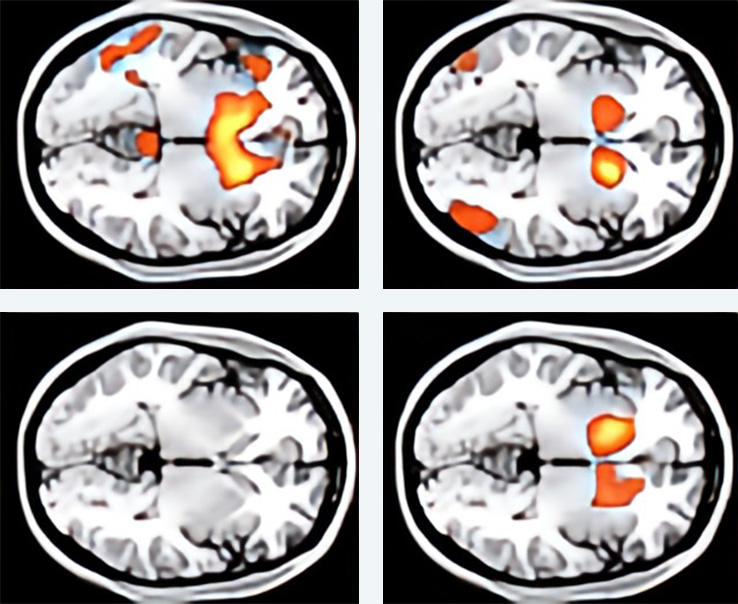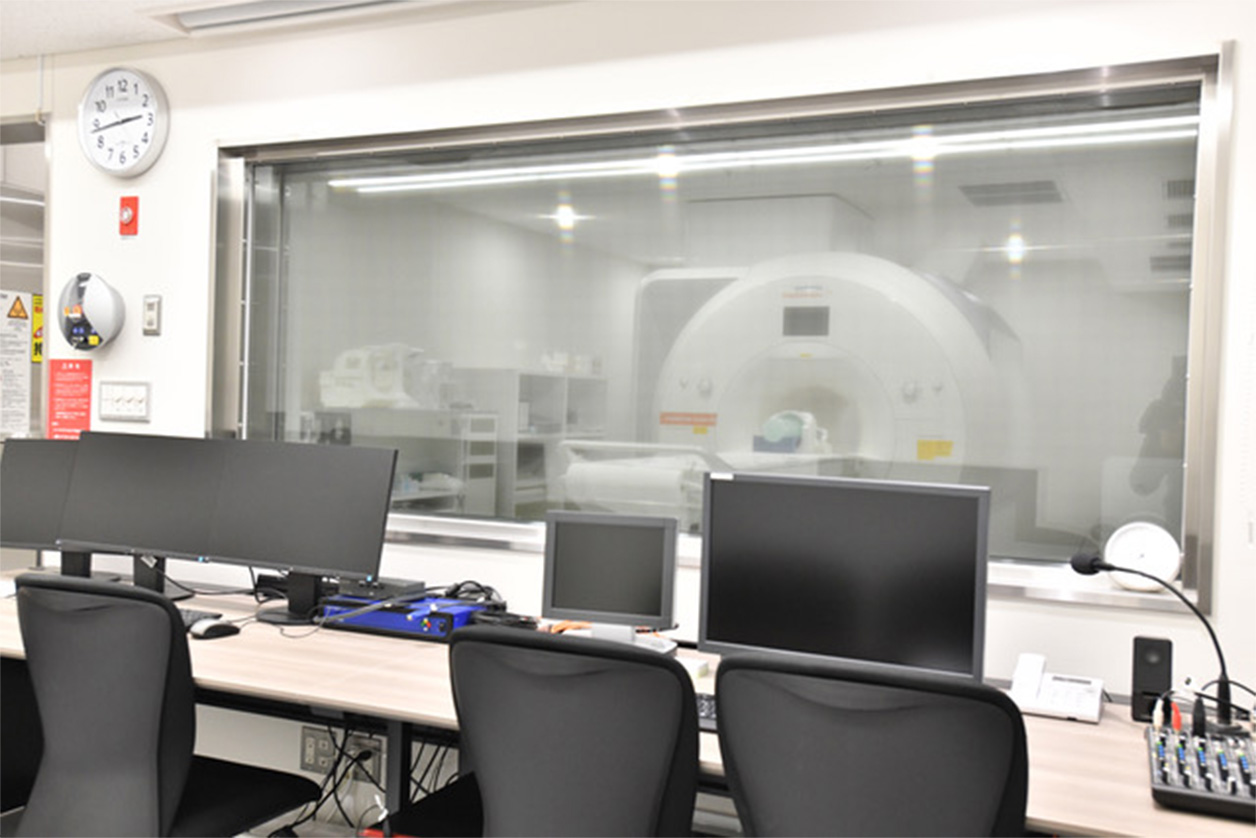MISSION
STATEMENT

Our mission is to clarify the neural mechanisms of human autonomy. Human autonomy reflects the subjective values on the basis of individual motivation. Individual motivation is strongly modulated socially. Human autonomy appears from individual’s decision-makings, which require explicit, logical thinking with language. Repeating logical and critical thinking updates subjective values, individuals’ behaviors gradually become consistent, then the autonomy is finally formed.

Therefore, the neural mechanisms of autonomy on the basis of motivation is, I believe, clarified by investigating the organic relations among value representation, motivation, sociality, decision-making, language, and critical thinking. Logical thinking is underpinned by the reality of the world including our bodies (i.e. consciousness), meaning that the research for human autonomy is considered as research for consciousness. Here I appeal all the motivated people to study brain to join us to solve the human autonomy and consciousness, the ultimate mystery. To accomplish this, we utilize human functional neuroimaging methods associated with social and educational psychological theories.

About ethics in neuroscience
In general, empirical research in natural science fields elucidate the structure of the research target by acquiring predictability of consequences after making a specific commitment. Therefore, the scientific recognition of the target is acquiring the view of the target which is perfectly operated as you like. That is true in neuroscience. The goal of the neuroscientific research is to acquire the view of the brain which is perfectly operated as you like. And the systematic view of the brain acquired through such research activity is neuroscience.
Our goal is to clarify the neural mechanisms of the human autonomy, which means that our goal is, ultimately saying, to make it possible to operate human autonomy.
Education is the technique to operate human autonomy through modulation of environmental factors, although it does not have its scientific basis. The neural mechanisms of human autonomy provide the scientific basis of education. Therefore, education and neuroscience share the same ethical problem. In what sense, it is allowed to intervene to the human autonomy, the root of humanity? To answer this extremely socially important question, we have to find a consensus through enough amount of profound discussions of internationally wide. It might sound that such an issue is not so emergent at present. However, I would like to emphasize that we, neuroscientists, have to regard this ethical issue as the most important and continue discussion with our own responsibility from the starting point of the research.
ACCESS
ACCESS
Tamagawa University Brain Science Institute
Research Center Building 308
6-1-1 Tamagawa Gakuen, Machida, Tokyo 194-8610, Japan